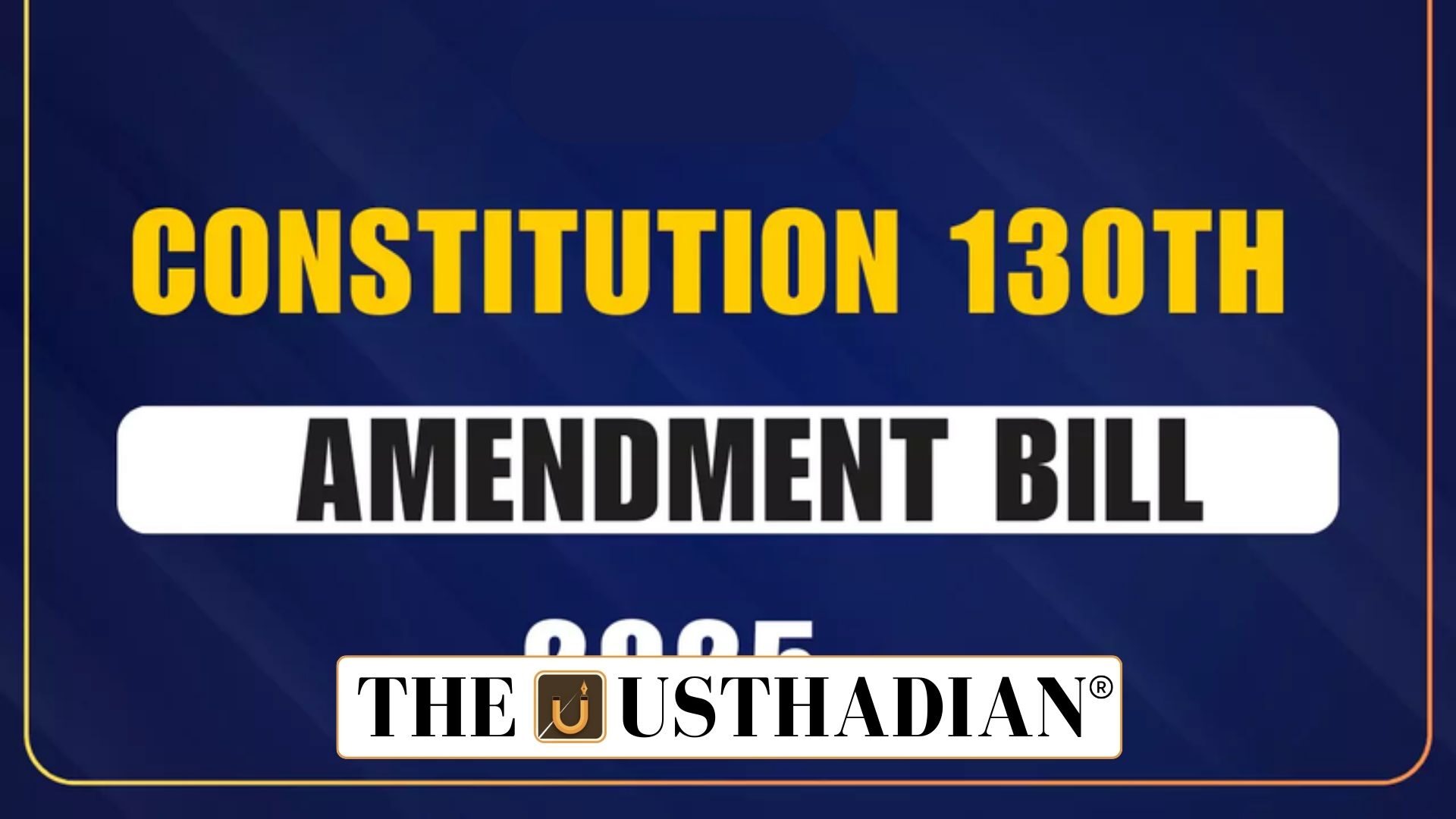Introduction
Constitution 130th Amendment Bill 2025: The Constitution (One Hundred and Thirtieth Amendment) Bill, 2025 has become a matter of intense debate in Parliament. It introduces new provisions relating to Article 75 of the Constitution, dealing with disqualification of ministers detained for serious offences. The Bill has been referred to a Joint Parliamentary Committee (JPC) for detailed examination.
Key Provisions of the Bill
The Bill states that any minister arrested and detained for thirty consecutive days on charges punishable with five years or more imprisonment shall cease to be a minister. The President will remove the minister based on the Chief Minister’s advice on the 31st day. If no advice is given, the minister will automatically lose office. However, the Bill allows reappointment after the minister’s release.
Static GK fact: Article 75 of the Constitution originally outlines the appointment, tenure, and responsibilities of the Council of Ministers.
Amendment to Article 75
The amendment seeks to insert a new clause in Article 75, ensuring ministers facing serious criminal allegations cannot continue beyond thirty days of detention. This change is presented as a step towards good governance and constitutional morality by preventing the misuse of ministerial power during detention.
Static GK fact: Article 75 also specifies that the Council of Ministers is collectively responsible to the Lok Sabha.
Opposition Concerns
The Bill faced heavy criticism from several opposition parties. They argue that it undermines the presumption of innocence, since punishment is imposed at the stage of arrest rather than conviction. Leaders like Mamata Banerjee warned that the Bill could weaken federalism, while Asaduddin Owaisi criticised it for making the executive act as both judge and executioner. Concerns were raised about potential misuse of central agencies to target rivals.
Role of the Joint Parliamentary Committee
The Bill has been sent to a Joint Parliamentary Committee, consisting of members from both Houses. The JPC will study the provisions, consult stakeholders, and submit a report in the next parliamentary session. While its recommendations are not binding, they often influence the legislative process.
Static GK fact: The first Joint Parliamentary Committee in India was formed in 1969 to examine the Prevention of Corruption (Amendment) Bill.
Implications of the Amendment
The Bill introduces a new threshold for ministerial accountability but raises concerns of political instability. It could potentially be used as a political tool against opposition leaders. The reappointment clause after release provides flexibility but does not eliminate fears of misuse. The Bill highlights the constant tension between reforming governance and safeguarding democratic rights.
Static Usthadian Current Affairs Table
Constitution 130th Amendment Bill 2025:
| Topic | Detail |
| Constitution Amendment Number | 130th |
| Year of Introduction | 2025 |
| Related Article | Article 75 |
| Disqualification Condition | Minister detained for 30 consecutive days for serious offences |
| Minimum Punishment Criteria | Offences with imprisonment of 5 years or more |
| Removal Authority | President on advice of Chief Minister |
| Automatic Removal | From the 31st day of detention if no advice given |
| Reappointment Clause | Minister can be reappointed after release |
| Oversight Body | Joint Parliamentary Committee |
| First JPC in India | Formed in 1969 for Prevention of Corruption (Amendment) Bill |








